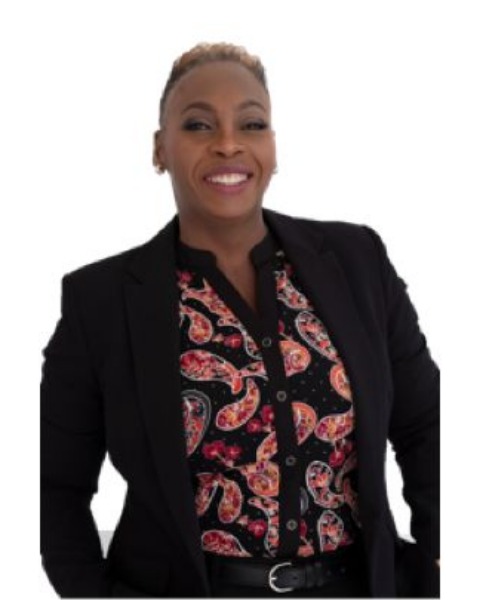Collaborative, Participatory & Empowerment Evaluation
Community Storytelling from the Inside Out
-
JK
JUDE KALLICK, MA (she/her/hers)
FOUNDER
KALLICK CONSULTING, United States -

ALIDA TCHICAMBOUD, n/a
CEO
Tchic Consulting, United States -
ED
ELIZABETH DILUZIO, MPH, LMSW
Evaluator
Behavioral Health Improvement Institute, United States
Chair(s)
Presenter(s)
Location: White River Ballroom I
Abstract Information: Evaluation is storytelling. But who is telling that story? Who is framing the evaluation? Who is designing and conducting the data collection? Who is interpreting and analyzing the results? Who is developing the products that are ultimately telling that story and for which audience? In this session, we will explore the ways in which community members can be incorporated as integral members of the evaluation process, involved from design to reporting and everything in between. Join us as we share our journey to employ the methodology of Lived Experience Consultants (LECs), where members who are part of the target community bring their particular expertise based on their lived experiences into the evaluation process as full team members. We will discuss why this is critical and how it has significantly improved the quality and focus of our work, as well as the bumps along the way. Then, we invite you to share with us the past, present, and future ways in which you incorporate members of target communities into your practice as we reflect on questions that probe effective evaluation design, tips and tricks to effective implementation at various stages of the evaluation process, and the lessons learned along the way. This discussion will be highly interactive, so bring your perspective and enthusiasm!
Relevance Statement: Recognizing that evaluation becomes more powerful and impactful when all of the stakeholders are involved in the evaluation process (Strobel et al., 2003), today’s evaluators are seeking out approaches and methodologies that are inclusive, culturally sensitive, respectful and useful for those who the programs intend to serve (ASPE, n.d.). If we are to understand evaluation as a way of telling a story, it begs the question about who is telling that story. Going beyond extracting stories from participants, the hosts of this session seek to include community voices and experiences into the evaluation team, providing their expertise of the lived experience for that community. While it is common for evaluations to incorporate individuals with lived experience into the data collection period, we align with those evaluators who seek more integrated approaches throughout the life of the evaluation (and beyond!) (Farmer, 2021). Incorporating those with lived experience as essential members of our evaluation team has led to stronger evaluation designs, more focused and meaningful data collection efforts, and deeper, more nuanced analyses. At the same time, we recognize that this type of engagement can be challenging due to a mix of the evaluation’s internal and external factors (and detrimental when poorly implemented). Through this roundtable, we hope to engage participants around the key concepts that are critical for this type of engagement, experiences others have had on similar methodologies, and highlight lessons learned from our varied experiences. Farmer, Jo. (2021, November 4). Lived experience in evaluation: We’re not lab rats. Jo Farmer Consulting. https://jofarmer.com/lived-experience-in-evaluation-were-not-lab-rats/ Methods and Emerging Strategies to Engage People with Lived Experience. (n.d.). ASPE. https://aspe.hhs.gov/reports/lived-experience-brief Strobel, K., Kirshner, B., O’Donoghue, J., and McLaughlin, M. (2008). Qualities that attract urban youth to after-school settings and promote continued participation. Teachers College Record. 110:8, pp. 1677-1705.
